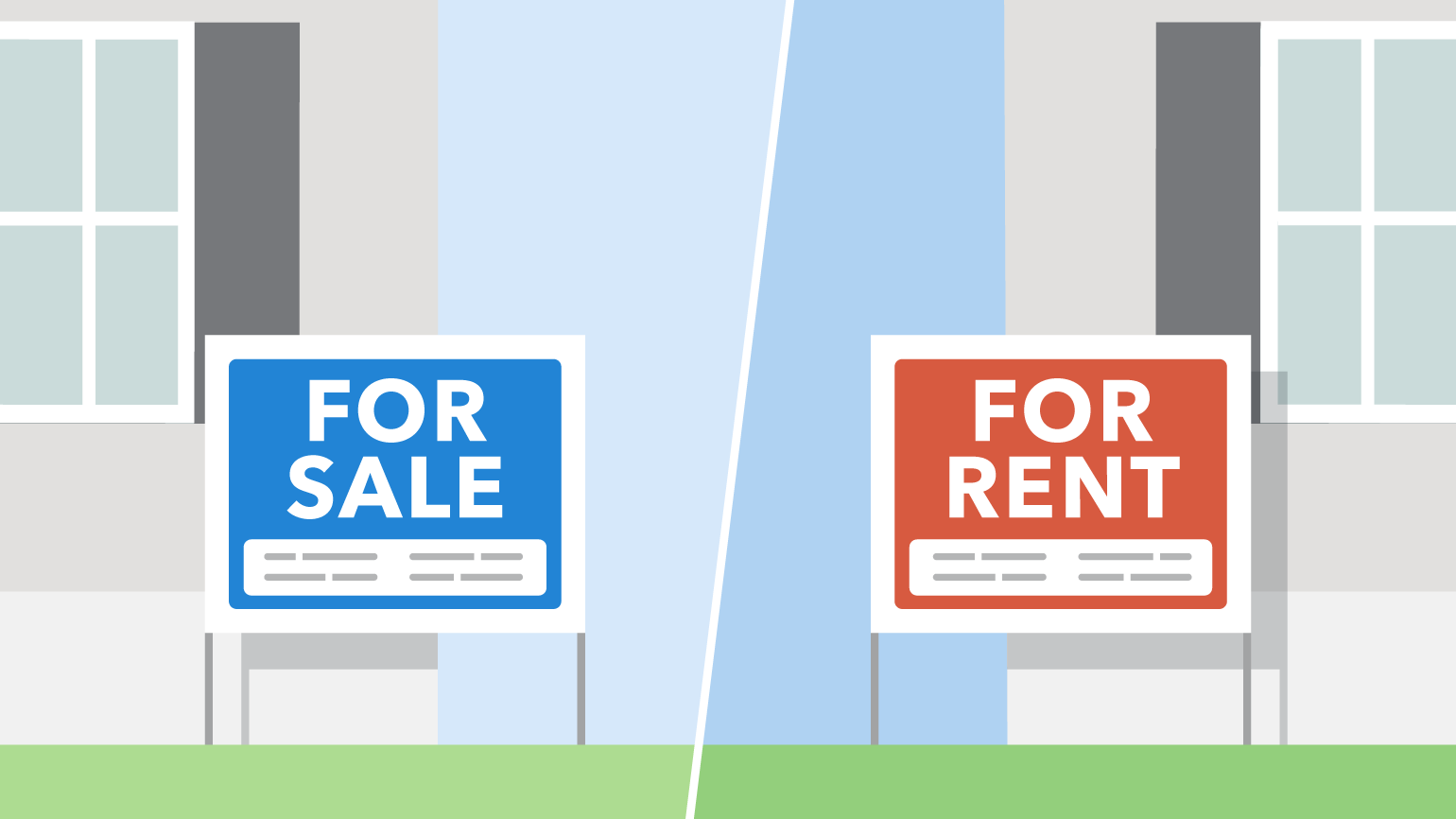
Understanding Zoning Laws: What Homeowners Should Know
Zoning laws are the invisible rule book of all towns and cities, guiding what can be built where. When you’re looking to buy a home, build an extension, or start a business, these laws come into play — often in ways you might not expect. Understanding the basics of zoning can help you make informed decisions, avoid legal hiccups, and perhaps even save some money. Ready? Let’s dive in.
What Are Zoning Laws?
Zoning laws, simply put, are regulations that dictate land use in specific areas. These laws aim to create orderly development and separate incompatible land uses, like factories from residential neighborhoods, to ensure a pleasant living environment. Think of them as a kind of recipe for the city’s layout — one that helps keep the chaotic mix of buildings, roads, and parks in a harmonious balance.
The Flavors of Zoning: Different Types of Zones
Just like ice cream comes in different flavors, zoning is categorized into various types, often labeled as residential, commercial, industrial, and sometimes mixed-use. Here’s what each type usually means:
– Residential zones can vary from low-density areas, ideal for single-family homes, to high-density zones suited for apartment buildings.
– Commercial zones cater to businesses, ranging from small shops to gigantic shopping centers.
– Industrial zones are reserved for manufacturing and heavy lifting, keeping the noise and trucks away from where people live.
– Mixed-use zones encourage a combo of residential and commercial developments, creating lively, walkable neighborhoods.
What Homeowners Need to Know
As a homeowner, or prospective one, the first thing you’ll want to check is the zoning classification for your property. This information is like the key code to what you can and cannot do with your land. Here’s how zoning affects you:
– Building and Remodeling: Thinking about adding a room or a fence? Zoning laws dictate the size and height of your addition and how close structures can be to property lines.
– Running a Business: That dream of a home office or a small shop might need to check in with zoning bylaws first, especially if you plan on altering your garage or front room into commercial space.
– Selling Your Home: The zoning of your property can affect its value and attractiveness to certain buyers, especially if they have visions of expansions or possible business ventures.
Variances and Exceptions: Can the Rules Be Bent?
Sometimes, your property plans might hit a snag because of zoning restrictions. But don’t lose hope! You could apply for a variance, which is a one-time permission slip to deviate from the zoning rules. To get a variance, typically, you need to prove that the current laws cause you unnecessary hardship and that your plan won’t negatively impact your neighbors or the neighborhood.
The Role of Zoning Boards and Meetings
Zoning boards are the local heroes who oversee the application of these laws. They hold meetings open to the public where decisions on variances, zoning changes, and other issues are debated and decided. Attending these meetings is a great way to stay informed and involved, especially if a proposal could affect your property.
Navigating Zoning Changes
Zoning laws aren’t set in stone. As cities evolve, so do their zoning needs. When a local government proposes a zoning change, it could mean big shifts in what can be built and where. For instance, a new commercial zone could pop up near your once-quiet street. Staying on top of these proposals is key to being proactive rather than reactive, especially if you want to voice your support or concerns.
Practical Tips for Homeowners
– Do Your Homework: Before buying or altering a property, consult the local zoning map. Most towns have these maps available online for easy access.
– Plan Ahead: Allow time for zoning research in your home-buying or renovating schedule. Surprises in this area can lead to delays.
– Build Relationships: Getting to know board members and attending local meetings can be invaluable when you need to navigate the zoning waters.
– Consult Experts: A local real estate attorney or a planner can offer guidance and support, ensuring your projects comply with laws and regulations.
Conclusion: The Power of Knowledge
In essence, zoning laws are a form of a community’s DNA, reflecting its values, priorities, and vision for the future. As a homeowner, understanding these rules doesn’t only mean complying with them; it’s about grasping the potential and limitations of your property. With this knowledge, you empower yourself to make the best decisions, whether that’s reinventing your home, planting roots for your family, or kickstarting your business dreams. Remember, when it comes to zoning, knowledge is not just power – it’s peace of mind.
Take this as your first step in a journey through the world of zoning laws. With a solid grasp of the basics and an awareness of where to find more information, you’re well on your way to being a savvy homeowner. Happy zoning!